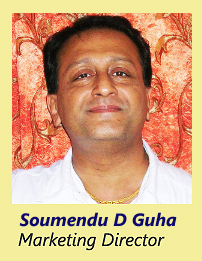
Corporate Sponsors


We are thankful to UNICEF and NIKE for supporting Women’s Empowerment. Voicing UNICEF’s statement, Actress Priyanka Chopra says, “I made myself irreplaceable .” What a sense of pride, and taking the ownership of being a woman with conviction and dignity.
We have covered few other successful Bengali immigrants. Enjoy!
– Sushmita Dutta, CEO, TriState Bulletin and Glamour
Well known Bengali woman with Global Recognition
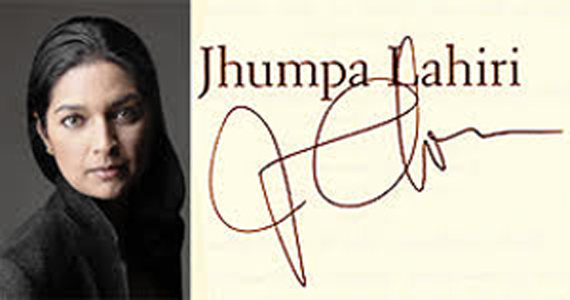
Jhumpa Lahiri the internationally known author was living in the Tri-State Community, in Brooklyn, New York. She now moved to Rome with her husband Alberto Vourvoulias, a journalist, and two kids Octavio and Noor. Daughter of immigrants from West Bengal, India, Jhumpa Lahiri was born in London. She was three years old when her family moved to the United States. Her father, Amar Lahiri worked as a librarian at the University of Rhode Island. Her mother wanted her children to learn Bengali heritage and culture, so the family often visited Kolkata.
What was behind her decision to go to Rome?
Talking to Vogue, Jhumpa Lahiri said,
“I write a lot about people who leave one place behind and go to another—that’s been my work from the beginning—but I personally never really experienced that. I came to the U.S. when I was two years old, and while I’ve observed close at hand what it means to be an immigrant, I’ve never had to get to know another country in which I clearly don’t belong and to speak in a second language and to do all of those things that my characters do and that my parents did and that my husband, Alberto, has done. I felt that there was something missing. I convinced him to quit his job and off we went. And it’s been the most incredible year of my life”.
Nilanjana Sudeshna "Jhumpa" Lahiri
An American author, internationally known for her short stories, novels, and essays in English and now in Italian. She has been a professor of creative writing at Princeton University, New Jersey since 2015. Her notable works include Interpreter of Maladies (1999), The Namesake (2003), Unaccustomed Earth (2008), The Lowland (2013). Her list of awards includes O. Henry Award, 1999, and Pulitzer Prize for Fiction in 2000. Interpreter of Maladies (1999) a collection of short stories won the Pulitzer Prize for Fiction and also the PEN/Hemingway Award. The Namesake (2003), her first novel, was adapted into a film. Unaccustomed Earth (2008), another book on a collection of stories won the Frank O’Connor International Short Story Award. The Lowland (2013), was a finalist for the Man Booker Prize and also the National Book Award for Fiction. In her works, Jhumpa Lahiri wrote about the Indian-immigrant experience in America. She also owns the National Humanities Medal.
Recent Press Release
Princeton University Press announced that Lahiri’s ‘Translating Myself and Others’ will come out next spring. Lahiri has lived off and on in Rome for nearly a decade, and her translation projects include ‘The Penguin Book of Italian Short Stories’ and her novel ‘Whereabouts’, which she first wrote in Italian.Sep 14, 2021
Jhumpa Lahiri: Formal Education and Awards
She graduated from South Kingstown High School and received her B.A. in English literature from Barnard College of Columbia University in 1989. She then received multiple degrees from Boston University: an M.A. in English, an M.F.A. in Creative Writing, an M.A. in Comparative Literature, and a Ph.D. in Renaissance Studies.
Lahiri’s fiction includes the Pulitzer-winning story collection ‘The Interpreter of Maladies’ and the novels ‘The Namesake’ and ‘Unaccustomed Earth’. Since 2019, she has directed Princeton’s creative writing programme.
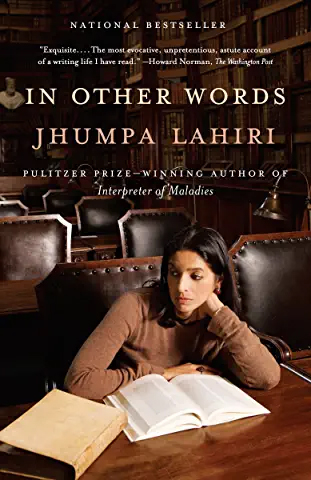
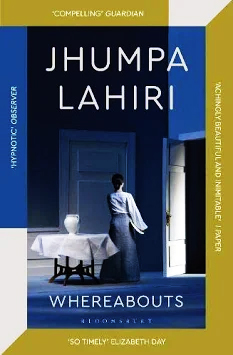
Elora Mukherjee
Jerome L. Greene Clinical Professor of Law.
Director, Columbia Law School’s Immigrants’ Rights Clinic Recognition
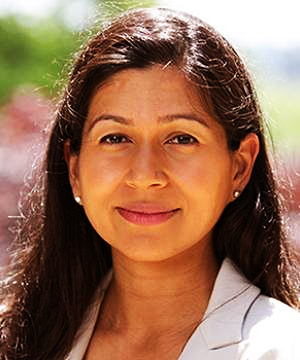
Elora Mukherjee is a globally recognized advocate, practitioner,
and voice for immigrants, asylum seekers.
She sparked national and international outrage as she gave extensive media interviews.
She was invited to testify before Congress, and she argued federal policies as unlawful.
Clinical Professor of Law at Columbia Law School
As a professor, she has no patience for procrastinators. Despite her gentle demeanor and easy laugh, she’s a taskmaster with students. “I have no tolerance for missed deadlines,” says the Jerome L. Greene Clinical Professor of Law and director of Columbia Law School’s Immigrants’ Rights Clinic. In a single semester, she expects each of her students to oversee every detail of an asylum or deportation case, from the initial client interview to its adjudication or trial. “Our clients’ lives are on the line, and I can’t let the quality of our work suffer because a student isn’t pulling her or his weight.”
A $15 million gift from the Jerome L. Greene Foundation
She sparked National and International outrage
Just a year ago, in 2019, EloraMukherjee’s firsthand reports of the inhumane conditions of confinement for children in a U.S. border detention station sparked national and international outrage as she gave extensivemedia interviews on what she had witnessed.She was invited to testify before Congress, where she detailed for the House Committee on Oversight and Reform how children in border detention centers were sick, dirty, frightened, separated from family members, and held as victims of federal policies that she argued were unconstitutional, unlawful, ineffective, and un-American.
Recognized at USDA 2023 Celebrating Women's History month
Dr. Rubella Sanyal Goswami
Woman with Academic Excellence.
National Program Leader at
The U.S. Department of Agriculture
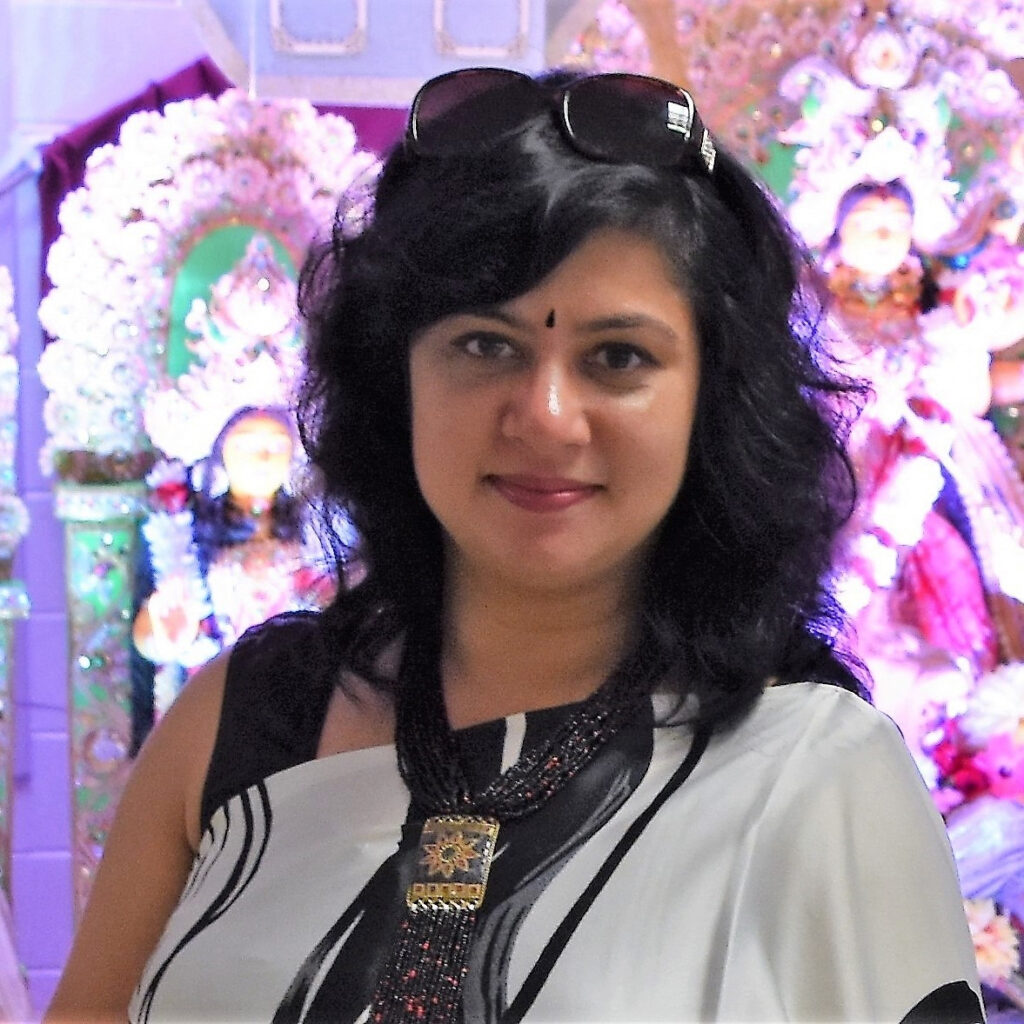
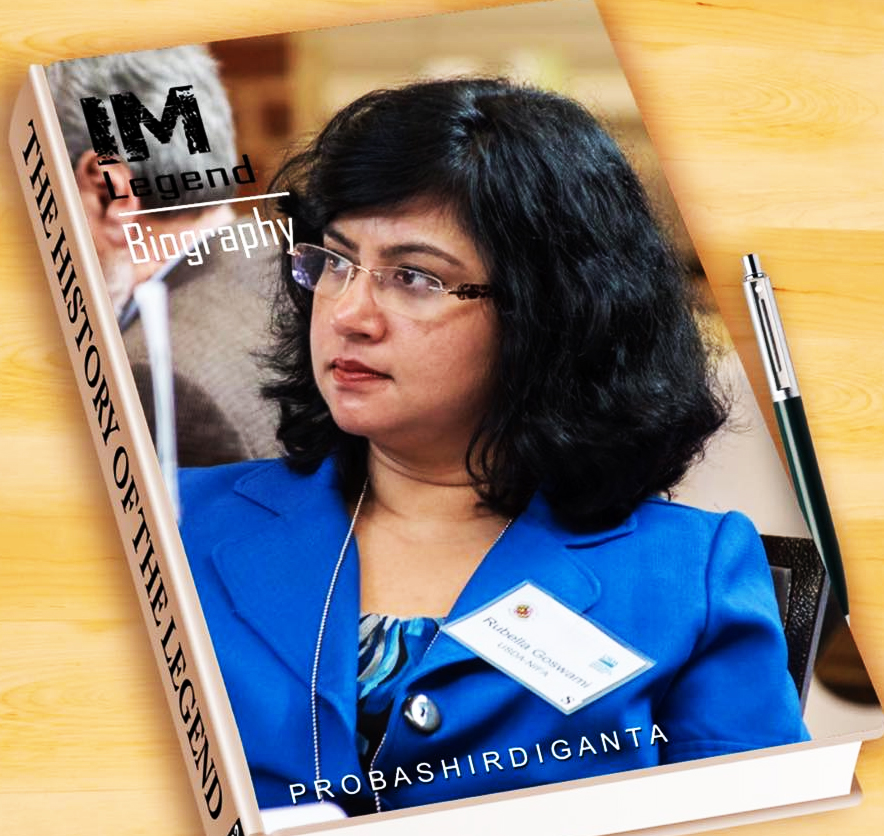
Rubella Sanyal Goswami, frequently reaching out to the entire Tri-State Community with musical and dance shows, has had a highly successful career trajectory over the past two decades, working in the fields of science & technology research, education, and policy. She holds the unique distinction of being employed in all of the three major sectors in her field – academia, corporate, and Government.
Rubella holds an undergraduate degree with distinction and gold medal from Banaras Hindu University (BHU), and a Master’s from the University of Nottingham, UK. Subsequently, Rubella moved to the US in the year 2000, to further her academic career, and earned her Doctoral degree from the Univ. of Minnesota. She thereafter began her professional career as a tenure track faculty, assumed responsibilities including guiding MS and Ph.D. students, teaching, and leading a team of researchers conducting extramurally funded research.
She has numerous publications and awards to her credit
and is sought after as an expert in her field.
Subsequent to her faculty position, Rubella was offered a position as a Principal Investigator in Global R&D for the Fortune 500 company Dupont Inc., where she conducted groundbreaking research. The US States Department of Agriculture (USDA) offered Rubella a position in Washington D.C, where she initially served as a National Program Leader, directing multimillion-dollar extramural funding programs with USDA’s National Institute for Food and Agriculture, and then moved into the position of Chief for the Plant Pests and Protectants Branch with USDA’s Biotechnology Regulatory Service. Currently, she serves in a critical senior leadership role as the Assistant Director for the National Identification Services with USDA’s Animal and Plant Health Inspection Service.
In community services, Rubella was instrumental in the creation of the Indian cultural team “Srishti” in Minneapolis, MN in 2002 and “Nobina” in Delaware, in 2014.
Over the past decade, Rubella has played a key role in directing several projects revolving around Indian arts and culture and hosted many stage shows in different parts of the US. She is very active in the community and loves bringing people together. During the pandemic, in addition to her role as a part of the Executive Committee for the Bengali Association of Delaware Valley, she has been independently involved in organizing and participating in over thirty musical and informational shows associated with COVID relief and other philanthropic causes. Reflecting on her life in the US, Rubella feels that perseverance, hard work, and willingness to take up new challenges have been the key to her success.
Her motto has been to meet life head-on with a smile!!!
Dr. Bhaswati Bhattacharya
Dividing her time between Manhattan and Benaras
in search of better medicine for humans.
A documentary film on her work, was shown
on
The Discovery Channel.
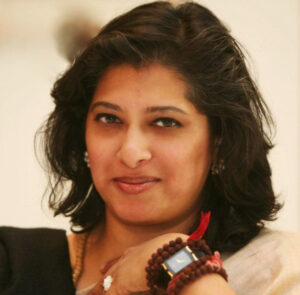

At her dedicated website, drbhaswati.com, she has two visualizations, one on learning – a path through the forest and another on consultaion, pictured as a non-attached lotus. She is creative and uniquely different.
Dr. Bhaswati Bhattacharya is a Harvard-educated, licensed, board certified holistic physician trained in family medicine and preventive medicine, dividing her time between Manhattan and Benaras. She is also a published scientist trained in pharmacology, neuroscience and Ayurveda, an awarded educator, and a best-selling author. Her work through The DINacharya Institute focuses on bringing the wisdom and science of authentic traditional medicines, such as Ayurveda, back to the hands and hearts of the people. Since 2003, she has Clinical Assistant Professor of Family Medicine in the Department of Medicine at Weill Cornell Medical College in New York. She has recently completed a PhD in Ayurvedic chemistry, pharmaceutics, and pharmacology (Rasa Shastra & Bhaisajya Kalpana) from Banaras Hindu University, focusing on polyherbal formulations for diabetes. These contributions are commendable.
Her book “Everyday Ayurveda” is a national bestseller published by Penguin Random House.
Dr Bhattacharya was recently awarded as a Fulbright Specialist 2018-2021 in Global Public Health specializing in Integrative Medicine.
Dr. Bharati Bandyopadhyay
TriState Bengali MD with Service Excellence. Received Certificate of Appreciation from the White House.
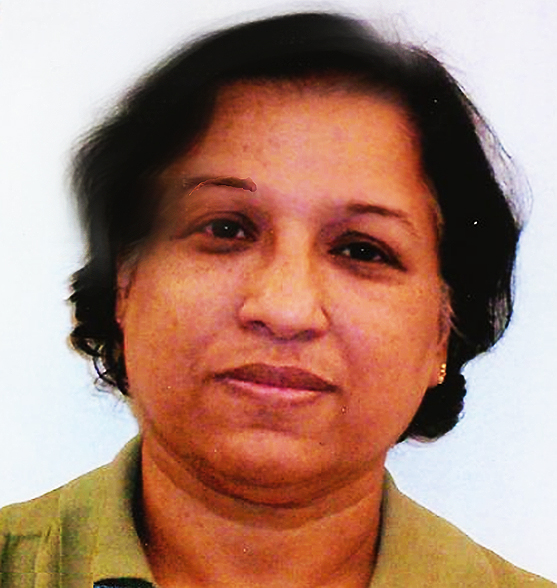
Bharati was interviewed by WNPV Lansdale radio station on pediatric issues and broadcasted live on 1440 AM. Bharati's office address: 2031 North Broad Street, Suite 145 Lansdale, Pa 19446. Phone: 215-368-1114
Bharati Bandyopadhyay was educated in India and came to this country as an immigrant. She thinks that she was reborn professionally in this country after rigorous training in medicine. At this time, she met well-known doctors in her field. After training, she joined Dr. Felix Scherzinger’s practice, which is well-known in the local area. She practiced medicine with a lot of empathy, and she became popular among the patients of the local area. Her name spreads outside the local area and she used to examine the patients of outside areas with a lot of empathy. She became a member of Abington Jefferson Hospital. During her practice, she was involved with several patients with complex diseases. She collaborated with well-known doctors in the field and resolved the issues. She received the certificate of appreciation from the White House for providing the service in the local area. She used to gain knowledge by participating in professional conferences and talked to well-known doctors. She was selected as “best doctor” by Philadelphia magazine 2017, 2018, 2019, and 2020. In spite of her busy life she led a local group to perform bone-marrow drive from Asian communities for helping cancer patients. Recently she is helping patients regarding Covid-19.
Dr. Shamita Das Dasgupta
On Global Platform, Fighting Violence Against Women
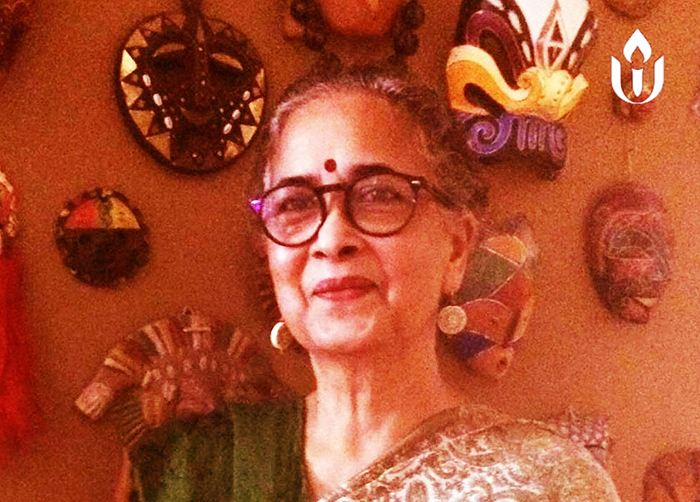
১,১০০ রৌপ্যমুদ্রার বিনিময়ে ডিলাইলা নিজের প্রেমিকের শক্তির উৎস যে তাঁর লম্বা চুল, সেই তথ্যটি দেশবাসীর কাছে পৌঁছে দিয়েই ক্ষান্ত হলেন না, ঘুমন্ত প্রেমিকের চুল ছেঁটে তাঁকে ক্লীবে পরিণত করলেন। নিঃসন্দেহে ডিলাইলা সে যুগের এক সফল মহিলা গুপ্তচর…Link
Shamita Das Dasgupta, Professor, Writer, and Cofounder of Manavi, an organization with a mission to end all forms of violence against women. In her work with sex workers in India, she witnessed bravery and efforts
with which the mothers try to keep their children safe and get them away from the environment of sex work. In February 1985, six South Asian women from various backgrounds established Manavi (meaning “primal woman” in Sanskrit) in New Jersey. The founders’ original intention was to create a strong voice for women and a psychological, intellectual, emotional, and activist space for women in the South Asian American community. However, as soon as the organization was established, South Asian women’s needs directed and shaped Manavi’s work on anti-violence against women advocacy.
Manavi is the first organization in the U.S. to concentrate on violence against women in the South Asian community.
Manavi’s methods of work are derived from women’s needs and demands.
Since its inception, Manavi has provided linguistically specific and culturally appropriate individualized assistance to battered women of South Asian descent. In 1997, Manavi established Ashiana, a temporary residential facility for South Asian victims of violence who need a safe home. Simultaneously, Manavi has dedicated serious efforts to raise consciousness in the community about woman abuse and challenge systems that are responsible for sustaining violence against South Asian women. Shamita Das Dasgupta says, “My achievements are not many. In fact, I am deeply humbled by women who decide to end violence in their lives and fight for justice. I am inspired by their courage. And I am overwhelmed by South Asian women’s capacity to care for others. Even when faced with severe violence, they nurture their siblings, parents, children, relatives, and even the abuser. I am astounded by women’s ability to repair their injuries and forgive”.
Working with Manavi has deeply transformed Shamita Das Dasgupta.
She says, “Personally, I have learned from the struggles and activism of women in many countries including South Asia. In my work with sex workers in India, I witnessed the tremendous bravery and efforts with which the mothers try to keep their children safe and get them away from the environment of sex work. They work hard to get their children an education, which they believe would secure a positive future for them. These women’s efforts to make a better life for their children have profoundly touched me. It is astonishing what women do to live in safety and dignity. And they deserve no less.” Shamita Das Dasgupta taught at Rutgers University and NYU, written a bunch of academic papers and books.
Dr. Arundhati Sanyal
Woman with Academic Excellence
Published on Oscar Wilde, Yeats, and Tagore
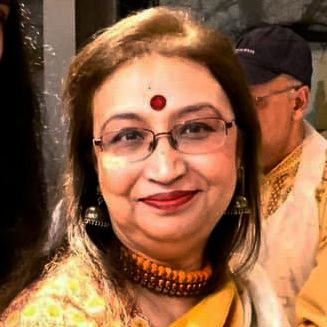
Arundhati Sanyal, Senior Faculty Associate in the English Department at Seton Hall University and Director, Writing Center at the university. Her outstanding Dissertation is on Women’s Writing and Feminist Literature. She has published on Oscar Wilde, Yeats, and Tagore, as well as on Writing Center pedagogy. Her community work is inspired by her husband Tapas Sanyal’s leadership roles in The Garden State Cultural Association (GSCA, NJ) and other organizations.
Arundhati Sanyal came to the United States as a graduate student after her marriage to Tapas Sanyal. A student at Presidency College and Calcutta University where she stood first in her Bachelor of Arts, she pursued a MA degree at Rutgers University of New Jersey and then went on to complete her doctoral studies in The Graduate Center, the City University of New York where she wrote a dissertation on George Eliot’s novels for which she received “Adrienne Aulander Munich Prize for an Outstanding Dissertation Concerned With Women’s Writing and Feminist Literature” (2001). Her research interests include Nineteenth-century studies, Post-colonial literature, and Composition studies with a specific focus on Writing Center pedagogy. She has taught at Rutgers, Brooklyn Polytechnic Institute, Middlesex County College, Rider University, and Seton Hall University for the past thirty years.
At present, she is a Senior Faculty Associate in the English Department at Seton Hall University and Director, Writing Center at the university. She teaches writing, nineteenth-century British literature, theory, philosophy, and religious studies in the English department, the University Core, and the Honors program. In 2018 she received the President’s Award for Student Services at Seton Hall University.
Arundhati’s community work is inspired by her husband Tapas’ active involvement with and work for the community through his membership and leadership functions in Garden State Cultural Association (GSCA, NJ). She has worked with this organization by helping organize community and cultural events. She has also helped organize and present fund-raisers for organizations such as Bharat Sebashram Sangha and Dakshineshwar Ramkrishna Adya Sangha (DRSA). She has participated in efforts to raise money and support for local food kitchens like Elijah’s Kitchen, New Brunswick, NJ. Her work has also included editing of the community magazine of GSCA, “Spandan” which has now evolved into a full-scale online magazine through the efforts of younger generations of editors. She has actively participated in NABC cultural events as a participant in singing, chanting, and narrating including her well-received program on Tagore – “Shatakanthe Rabindranath”. Her work within the community is ongoing and ever-evolving and one of the most precious blessings of her experience in the diaspora.
Dr. Indrani Kodali
Ph.D. in Computational Physics and Technology Leader at a
Leading Telecom company
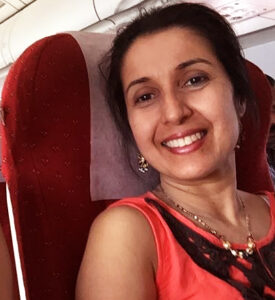
Indrani is originally from New Delhi and brought up around the world (Europe, Northern Africa, and the US), Her goal in life has always been to do well and empower the next generation kids to attain the best education. After attaining her Ph.D. in computational physics, Indrani pursued a postdoc at the University of Pennsylvania and shortly after joined the telecom industry in the R&D sector.
Indrani worked and raised her family of three kids in New Jersey, along with her husband who is also a leader in technology. Her kids have since grown and pursuing higher studies and also working. Indrani spends her time after work voluntarily on college consulting with high schoolers. For the past 15 years or so Indrani also works with children from varied socio economic backgrounds to encourage them to go to college and excel. Some of the children Indrani helped under her college consultancy went on to go to the best universities in the nation. Indrani’s hobbies include singing, dancing, cooking and working with high school kids. One of her favorite quotes is “if we want to reach real peace in the world, we should start educating children”- Mahatma Gandhi.
Dr. Pallavi Guha
Author of
Hear #MeToo in India News, Social Media,
and Anti-Rape and Sexual Harassment Activism
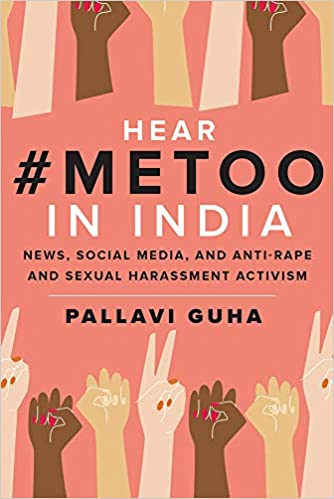
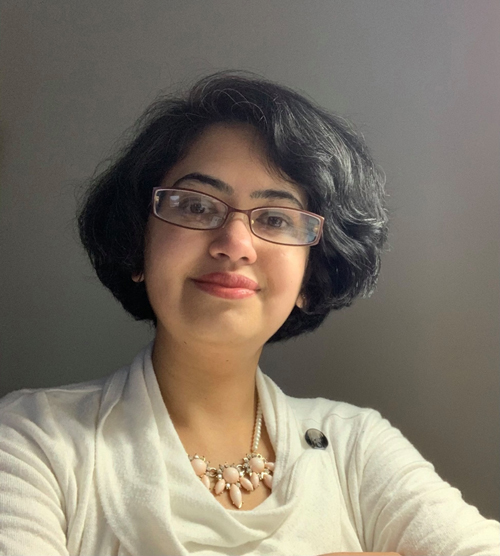
When Sushmita said Tristate Bulletin is doing a series on joy of successful women, I was very grateful to be a part of the series. Joyee in Bengali means a Winner; for me, joyee are all the women who constantly strive to support family, friends and others, despite challenges in life. They uplift other women and never hesitate to share their spotlight. Sushmita Dutt is the first joyee that comes to my mind, relentlessly using her creativity, volunteering, and time to support women to keep their ‘chin-up’ and help moving ahead.
And when she told me to write about the journey of my book Hear #Metoo in India and joyee, I thought of all sexual assault survivors, victims, and activists who keep on moving ahead who keep fighting for the victims and survivors of sexual assault. Joyee, for me, is Sutapa, Kavita, and others who may not be known to others, but their selfless diligence and compassion make them joyee. It was gratifying and cathartic experience for me to know the joyees and their journey through my book.
Please grab a copy. The book is selling worldwide both in-store and online:
B&N, Amazon, Rutgers University Press, UBC Press, and Amazon India.
যদি তোর ডাক শুনে কেউ না আসে তবে একলা চলো রে…
True, in any field of life it is hard to find a companion, someone who will be a support, offer love and be a pillar you can lean on. I faced lot of hardship when I planned to write the book. The biggest battle I had to fight was breaking social norms – “Don’t visit someone who has been sexually harassed”. But, my determination and love for the work kept me going and today I feel I have given the best thing a battered woman needs – Pride! And thanks to Sushmita Dutta, an incredible woman, for a bulletin on “Women Power”.
Editor's Note:
Publishing Success Stories of women, we felt proud presenting incredible “Woman Power”.
To include names that we may have missed,
Please write to: [email protected] [email protected]
Production Team at TriState Bulletin and TriState Glamour
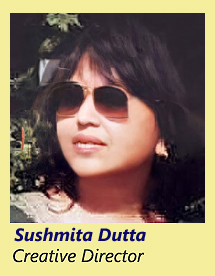
Sushmita Dutta,
Creative Head
